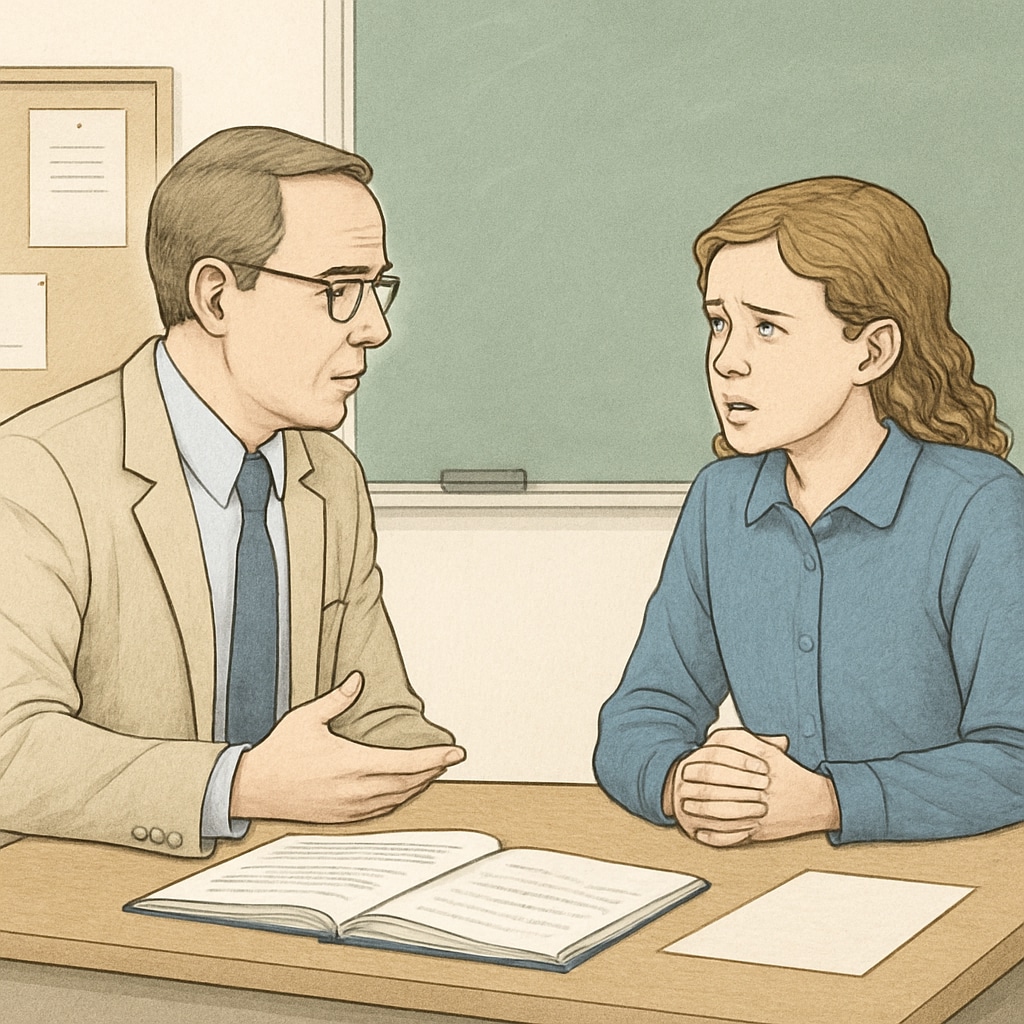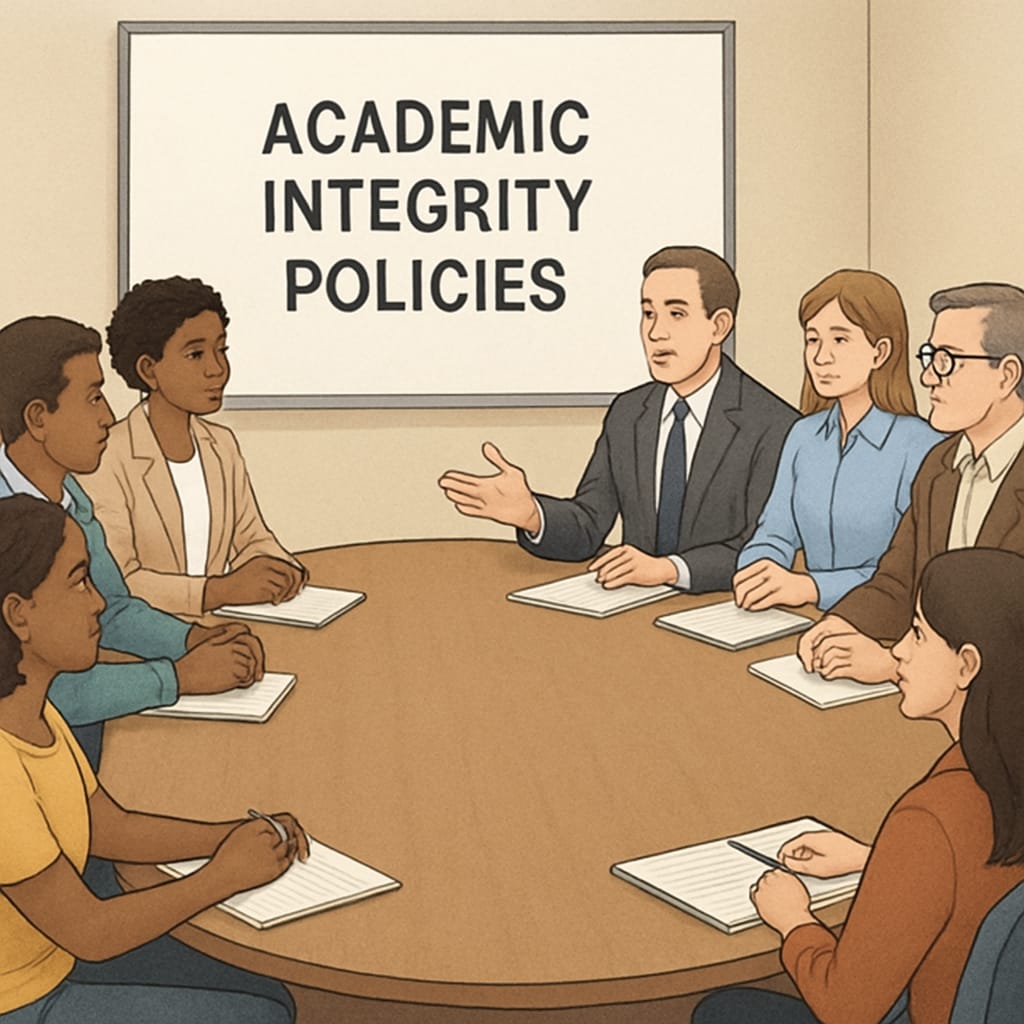Accusations of academic dishonesty, such as plagiarism, are serious and can have long-lasting effects on students’ academic careers. However, when professors make false plagiarism accusations, it not only harms the accused students but also erodes trust in the educational system. This issue is particularly concerning in K-12 education, where students are still learning foundational academic skills and rely on their teachers for guidance. Addressing such incidents requires implementing transparent mechanisms for evaluating academic integrity and ensuring fairness.
Understanding the Impact of False Accusations
When a student is wrongly accused of plagiarism, the consequences can be devastating. Such accusations may lead to emotional distress, damage to their reputation, and even academic penalties. For younger students in K-12 education, these experiences can be especially discouraging, potentially making them question their abilities and motivation to learn.
For example, a high school student accused of plagiarism for an essay they worked hard on may feel betrayed by their teacher. In some cases, they may lack the resources or knowledge to defend themselves against the claim. This imbalance of power between professors and students exacerbates the problem. As a result, the student’s confidence in the fairness of the academic system diminishes.

What Leads to Unfounded Plagiarism Allegations?
Several factors contribute to professors or teachers making inaccurate plagiarism accusations:
- Lack of Proper Tools: Some educators rely on plagiarism detection software without fully understanding its limitations, leading to false positives.
- Implicit Bias: Preconceived notions about certain students may influence a teacher’s judgment, making them more likely to accuse specific individuals without thorough investigation.
- Misunderstanding of Collaboration: Many students, especially younger ones, may engage in group discussions or share ideas, which might be misinterpreted as copying.
- Inadequate Training: Some teachers lack the necessary training to identify genuine plagiarism and distinguish it from coincidental similarities or proper citation practices.
For instance, plagiarism detection tools like Turnitin or Grammarly have been known to flag common phrases or properly cited content as plagiarized, creating confusion for both students and educators. A better understanding of these tools is essential to avoid unnecessary accusations.
The Need for a Transparent Academic Integrity System
To protect students and uphold the principles of fairness, educational institutions must adopt a balanced and transparent system for evaluating academic integrity. Here are some key recommendations:
- Clear Guidelines: Schools should provide students with clear instructions on what constitutes plagiarism and how to avoid it.
- Thorough Investigations: Before making accusations, educators should conduct comprehensive reviews, including discussing the issue with the student.
- Training for Educators: Teachers and professors should receive training on using plagiarism detection tools and recognizing academic misconduct accurately.
- Appeal Mechanisms: Students should have the right to appeal accusations through a fair and impartial review process.
By implementing these measures, schools can ensure that students are treated fairly while maintaining academic integrity. This approach not only protects students’ rights but also reinforces the trust between educators and learners.

Striking the Right Balance
Academic integrity is a cornerstone of education, but it must be safeguarded with fairness and objectivity. False accusations of plagiarism undermine this principle and create a hostile learning environment. By addressing the root causes of such incidents and adopting transparent practices, educators can foster an atmosphere of mutual respect and trust.
Ultimately, education should empower students to learn and grow, not burden them with unjustified accusations. A balanced approach to academic integrity will benefit not only students but also the educational institutions striving to uphold their values.
Readability guidance: This article uses clear headings, short paragraphs, and lists to enhance readability. The text avoids excessive passive voice and maintains a professional yet accessible tone throughout.


